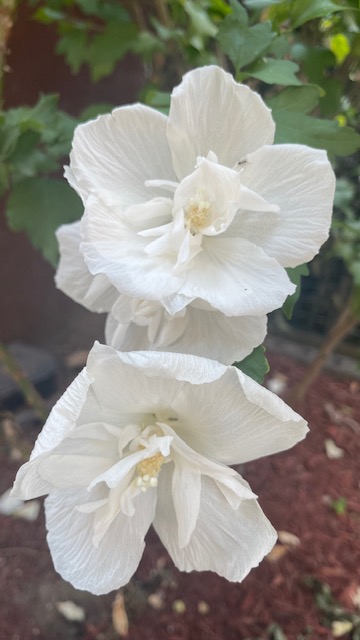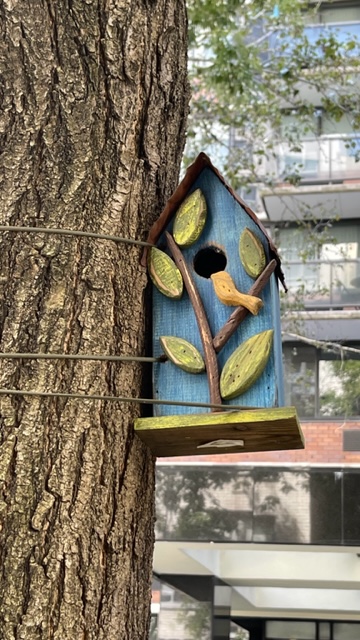Hurt by Half, The Thirty-Sixth Week of the Second Year in the New Abnormal

I was ten years old. The person who I had considered my best friend was in the Stafford School auditorium with her class, and I was with my class for a school-wide assembly. Assemblies felt important. Usually the principal spoke. He was a tall, somber man who communicated in hushed tones lending an atmosphere of solemnity to childhood gatherings.

I was nervous. I had called the friend a few times and she never came to the phone I racked my brain for what I might have said or done to cause her avoidance. It hurt me to the core. I was not a popular girl and her purposeful neglect threatened my fragile sense of self.

When I gently approached her with hopeful steadiness, after going back and forth as to what I might say, I said, “I hope we can play sometime.”
My warbly voice betrayed my erect posture. Immediately, and without looking at me, she said, “Janet, get off my back.”

My shoulders slumped and I followed my class to my seat as she stepped in single file to sit with her classmates. I was devastated. Yes, I had huge needs. I was lonely and could be clingy. But did I deserve that treatment? At the time I thought I did. I reviewed our friendship and thought of all the times I said something that got her mad. I thought of all the ways I had desperately done what she wanted so we could play together. I had lost a friend and I was blaming myself for that loss. Even if it wasn’t a healthy friendship, I liked having a playmate.

We often multiply our suffering by two. First, we go through something difficult. Then we fault ourselves for the hardship imaging all the ways we might have avoided it. I’m not saying it’s not useful to see our contributions to what we go through, but there’s a difference between learning a lesson and being cruel to ourselves in the perceived service of getting over the hurt.

What if we fold in compassion? It won’t make the difficulties disappear, but it will reduce our suffering if we can be kind and caring to ourselves while enduring hardship. I may have been hurt at age 10 by my ex-friend’s thoughtless response, but I carried it with me far longer than the quick exchange in the auditorium. Nonetheless, in the 50 plus years since that time, I have been able to learn and not feel the deep shame of my childhood when I do say or do something that is not a match to a given moment.

It may take practice to be self-compassionate. It’s not a get-out-of-jail-free card. It’s more of an embrace when feeling trapped. Age and perspective help, as does patience. And having the ability to tolerate hard feelings makes a huge difference when we’re going through something rough. I suppose that experience was one of many exercises in building tolerance for managing difficulties.

Self-Care Tips:
- When going through something difficult, see what you need. Soothe yourself with soft fabrics, clothes, sheets, or a piece of fabric to rub. Or find music that matches your mood. Move in ways that feel expressive. Use your senses to bring calm.
- Take an electronic pause. Read a hardback or a paperback book. Walk without a device. Take in the scenery. People watch rather than viewing a screen.
- Walk with a friend. You can share a view rather that drinks or a meal.

